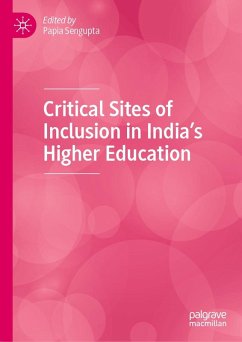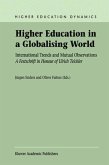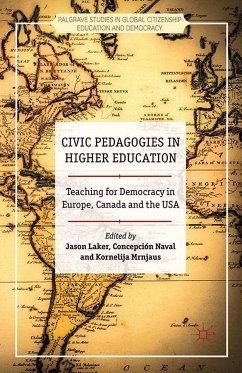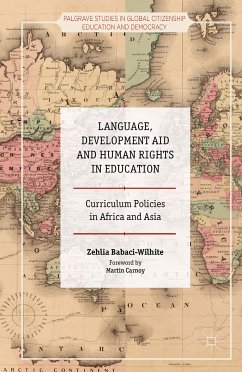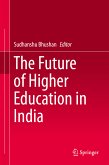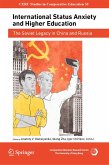Higher education is imperative to empowerment in socially stratified societies marred with deep inequalities like India and many other multicultural countries. Disputes over inclusion remains a critical feature in Indian higher education sector, as it is viewed as facilitating access to economic opportunities and providing vertical mobility for individuals belonging to marginalized communities. Higher education empowers, and expands individual horizons of thought and ideas of freedom, dignity, equality, enabling individuals to participate actively in the political-sociological discourses in democratic polity. Therefore, policy makers, political theorists and educationists have been examining the question of inclusion and education as public-good. Contemporary India has witnessed an unprecedented attack on academic freedom, free exchange of ideas and expressions, challenging the very idea of inclusion and inclusiveness.
Dieser Download kann aus rechtlichen Gründen nur mit Rechnungsadresse in A, B, BG, CY, CZ, D, DK, EW, E, FIN, F, GR, HR, H, IRL, I, LT, L, LR, M, NL, PL, P, R, S, SLO, SK ausgeliefert werden.

